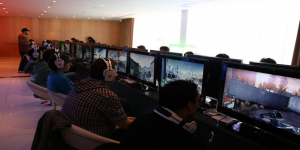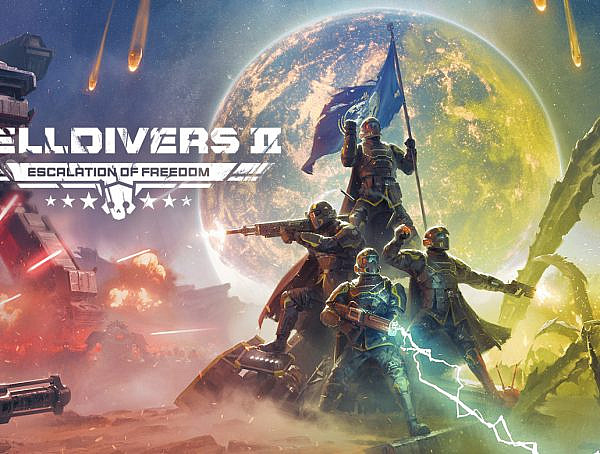Nowadays, games are considered, among other things, a mean of finding new friends or even a partner. In addition, games can also create environments where one can get easily misunderstood by other players and face psychological problems on the basis of that. For researchers, it is important to find out which aspects lead to players` well-being while playing. Therefore, it must be considered whether these relationships, created within the games, support or rather harm social aspects of psychological well-being.
In order to find out, research was conducted based on data from the following games: World of Warcraft, Second Life, and Counter Strike. Two research questions were set – What properties of these games foster social ties? And what is the relationship between in-game social ties, and psychological well-being? Firstly, though, the characteristics of the games themselves had to be determined in order to answer these questions. Ansgar E. Depping, Colby Johanson, and Regan L. Mandryk determined that in-game social capital consists of interdependence, cooperation, and toxicity. This social capital is closely connected to psychological well-being aspects, such as loneliness and the need for satisfaction of relatedness.
Interdependence describes the level of dependence between players. It is characterized by the need for coordination and interaction with other players, and in the game, it is presented in the form of complementary roles or knowledge (to give an example, in World of Warcraft, every raid needs a healer). It mainly leads to positive effects on teambuilding and facilitates the creation of trust among strangers.
Cooperation is based on players’ trying to achieve the same goal. Same as interdependence, it also facilitates the building of trust, and social bonds within the groups are also formed because of cooperation needs.
Toxicity is characterized by one player harassing another through slurs, spam, or verbal abuse. Apart from those, negative attitude towards other team members, purposefully losing the game, or refusing to help your team- are also connected to this term. Even if the number of toxic players in a group is relatively small, they can have a huge impact on other players and can influence the results of the team. Moreover, toxicity can have an effect on a person’s psychological well-being in real life.
Two types of relationships can be formed between players while playing – bridging and bonding ties. In bridging ties, the relationships may lack depth, but compensate for it in breadth. On the contrary, bonding ties can be described as strong relationships where emotional and social support can be felt as well.
To gather the attitudes and opinions from the players about their gaming experiences, gaming communities, and psychological well-being the survey was established. Totally 234 participants took part in this study, where the majority played games every day.
The findings of this research gave some recommendations for multiplayer games. The outcome is that those game designers, who care about the social bond created within the game, should bear in mind that the goal is to create games with highly interdependent play accompanied by sufficient channels of communication, that the players will be able to interact and coordinate with others. Moreover, the game should be designed with or without competition and with communities that have low toxicity.
Games may create strong friendships, but there are many cases where people end up in depression because of them. Besides this people can see in violent games specific behavior that they might translate into reality then, or they can compensate their frustration from other toxic game players to the reality.
The article Designing for Friendship: Modeling Properties of Play, In-Game Social Capital, and Psychological Well-being and can be accessed via: http://st.sigchi.org/publications/toc/chi-play-2018.html
The pictures used in this article are from https://ccsearch.creativecommons.org/.
The featured image:
Creator:Jessica Melian, Mark Sole
License:CC BY-NC-ND 4.0
Source: https://www.behance.net/gallery/43258521/Cubism-Maze-Race
The next image :
Creator:THQ Insider
License:CC BY-ND 2.0
Source: https://www.flickr.com/photos/53046446@N07/5511301991
You might also like
More from Game Research Highlights
How do you want to do this? – A look into the therapeutic uses of role-playing games
Can playing RPGs contribute positively to your wellbeing? A recent study aims to find out how RPGs are being used …
Eldritch horrors and tentacles – Defining what “Lovecraftian” is in games
H.P. Lovecrafts legacy lives today in the shared world of Cthulhu Mythos and its iconic monsters. Prema Arasu defines the …
Are Souls Games the Contemporary Myths?
Dom Ford’s Approaching FromSoftware’s Souls Games as Myth reveals the Souls series as a modern mythology where gods fall, desires …
















